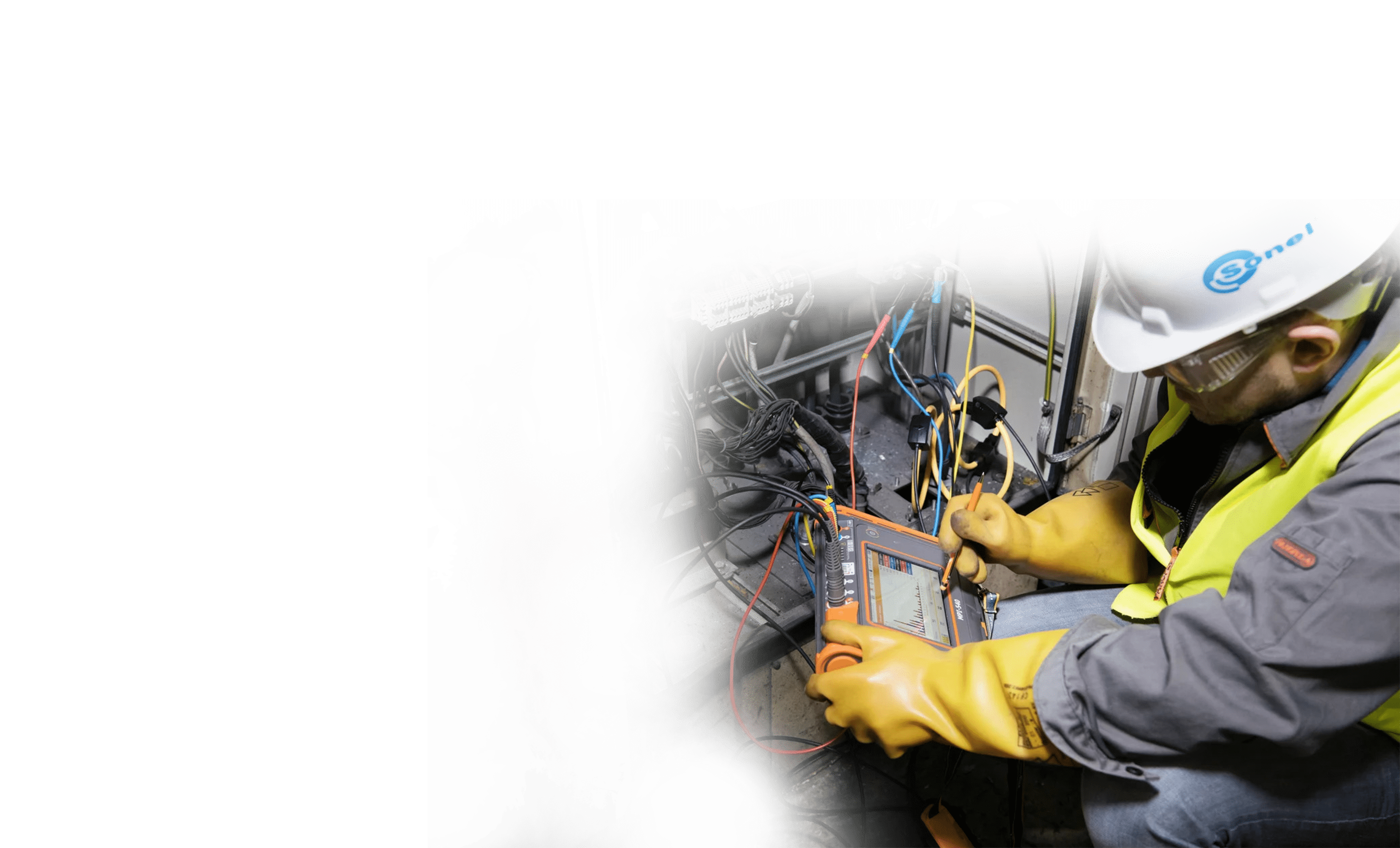Textile & Paper Industries
Textile Test Instruments
Our textile measuring devices are suitable for performing continuous monitoring and control of your production operations. Sample cutters are used to cut precise samples from a number of materials, including foils, paper, and other textiles. The basis weight of textiles can be determined using an additional available basis weight scale, which is known to be a quality feature and an important test criterion for good quality textiles. The basis weight is the weight or mass of a material that works on a specific surface, and the unit for the basis weight is commonly g / m2. In their dealings with food, all culinary businesses must adhere to the HACCP standards. Apart from hygiene, the lack of microorganisms is also important.

Textile thickness gauges
In addition, we offer thickness gauges for a variety of applications. As a result, there are initially handy thickness gauges that are modelled after ISO standards such as DIN EN ISO 5084, DIN EN ISO 9073-2, and DIN 53326 and are thus excellent for a quick examination of materials directly in production. But also cutting-edge mechanical and motorised thickness gauges that are fully fit for use in a test laboratory and meet the numerous DIN EN ISO standards in demand in the textile sector with the utmost precision.


Textile moisture meters
Textile moisture metres are just as vital as the two test methods discussed above. On the one hand, for quality assurance, but also for monitoring incoming items. If materials with an excessively high moisture content are delivered, the moisture content of the textiles might be a significant cost factor. As a result, we also offer moisture metres with particular electrodes for yarns, packages, as well as items in sacks or on rolls, as well as calibrations for fabrics like acetate, acrylic, hemp yarn, jute yarn, cotton, nylon, polyester, viscose, Flax, and wool. Versions with a USB output are now available to let you keep track of the results as part of your quality control.
Advantages Of Greenhouse:
Employment Generation:
- The textile industry is a significant source of employment, providing jobs for a diverse range of skills from manufacturing to design, marketing, and sales.
Economic Contribution:
- Textile manufacturing contributes significantly to the economy by generating revenue through the production and export of textiles and apparel.
Innovation and Fashion:
- The textile industry is a hub of innovation and creativity, contributing to the fashion and design sectors. Continuous advancements in materials and production techniques drive trends in the global fashion market.
Diverse Product Range:
- The industry produces a wide range of products, including clothing, home textiles, technical textiles, and industrial textiles, catering to diverse consumer needs.
Applications
Fashion and Apparel
- Fabric Production: Our advanced textile machinery supports the production of a wide range of fabrics, from cotton to synthetic blends.
- Customized Designs: Catering to the fashion industry with bespoke textile designs and digital printing technologies.
Our expertise in the field
- Advanced Fabric Technologies: We specialize in sourcing and producing textiles with advanced technologies, ensuring a perfect blend of comfort, style, and functionality.
- Sustainable Materials: Our commitment to eco-friendly practices is evident in our use of sustainable and organic materials, contributing to a greener and more responsible fashion industry.
Home Textiles
- Bedding and Linens: Providing high-quality fabrics for beddings, sheets, and linens.
- Curtains and Draperies: Offering a variety of textiles for curtains and draperies with innovative designs.
Our expertise in the field
Your expertise in these areas would contribute to the success of your endeavors in the home textiles industry, ensuring that your products meet the needs and expectations of consumers while staying in line with industry standards and trends.Fabric Knowledge: Understanding different types of fabrics, their properties, and their suitability for various home textile products. This includes knowledge of materials like cotton, linen, silk, polyester, and blends.
Industrial Textiles
- Technical Textiles: Supplying technical textiles for industrial applications, such as filtration, conveyor belts, and protective clothing.
- Automotive Textiles: Providing materials for the automotive industry, including seat covers, interior linings, and airbags.
Our expertise in the field
Industrial textiles are specialized textile products designed for use in various industrial applications. If you have expertise in the field of industrial textiles, your knowledge likely encompasses a range of areas related to the manufacturing, application, and innovation of these specialized textile products. Industrial textiles often fall under the category of technical textiles, which includes products with specific technical performance characteristics.







